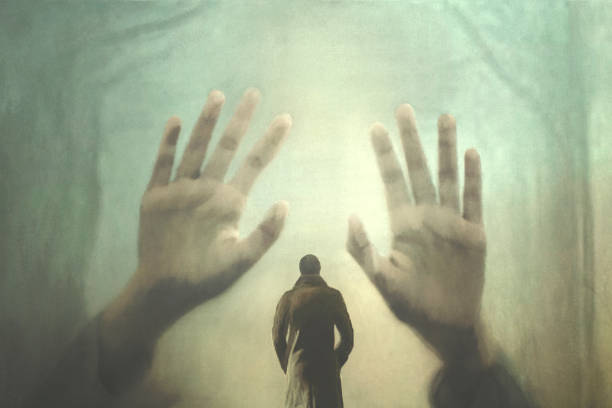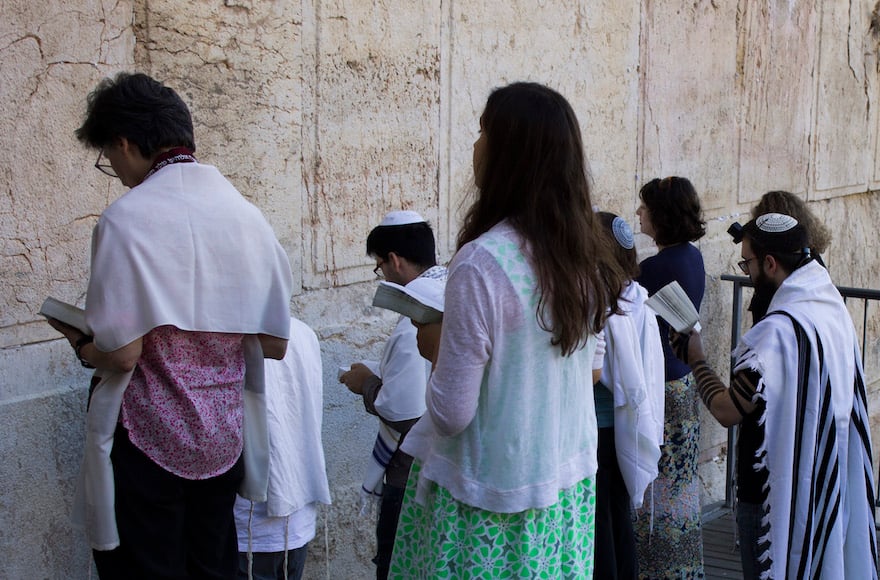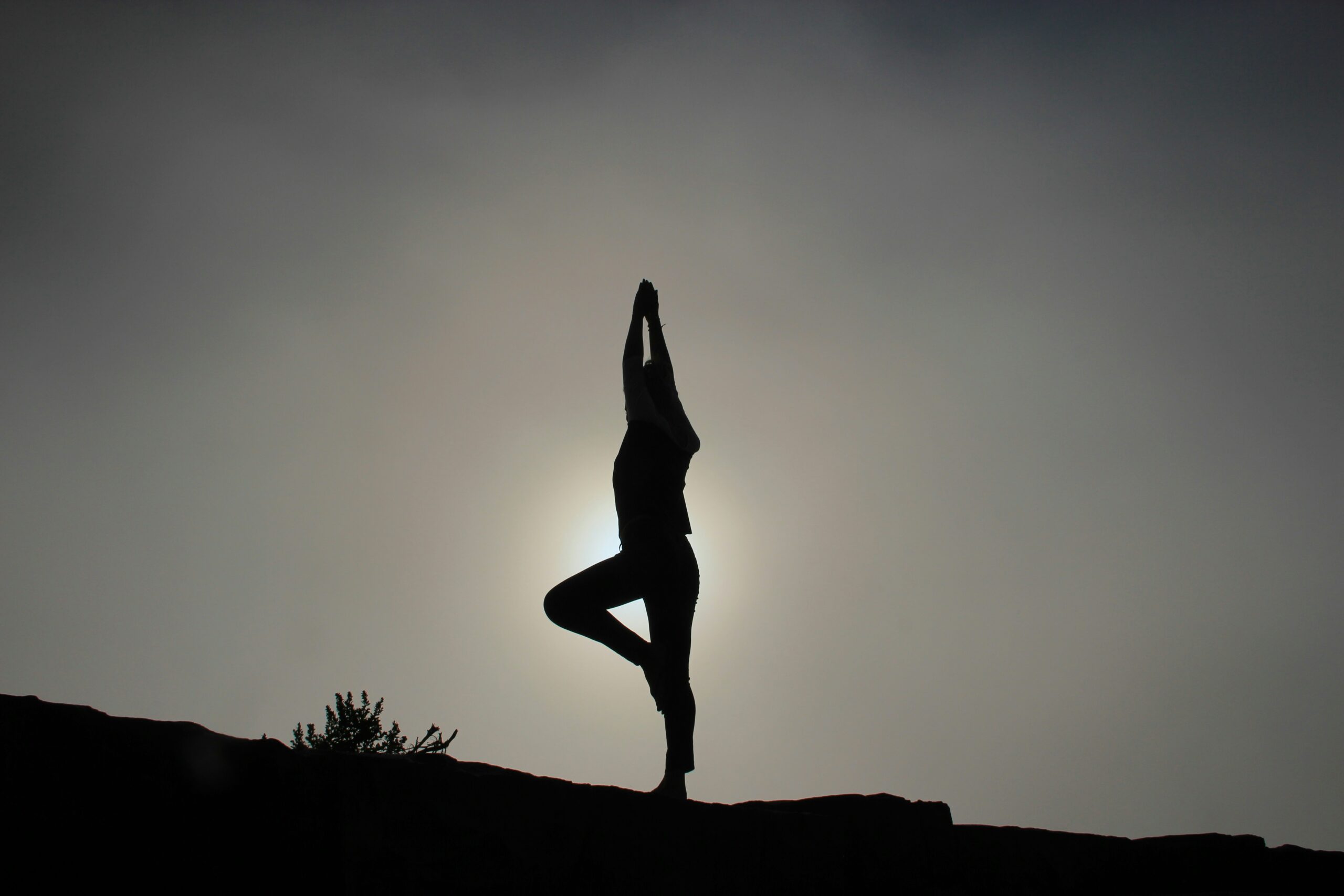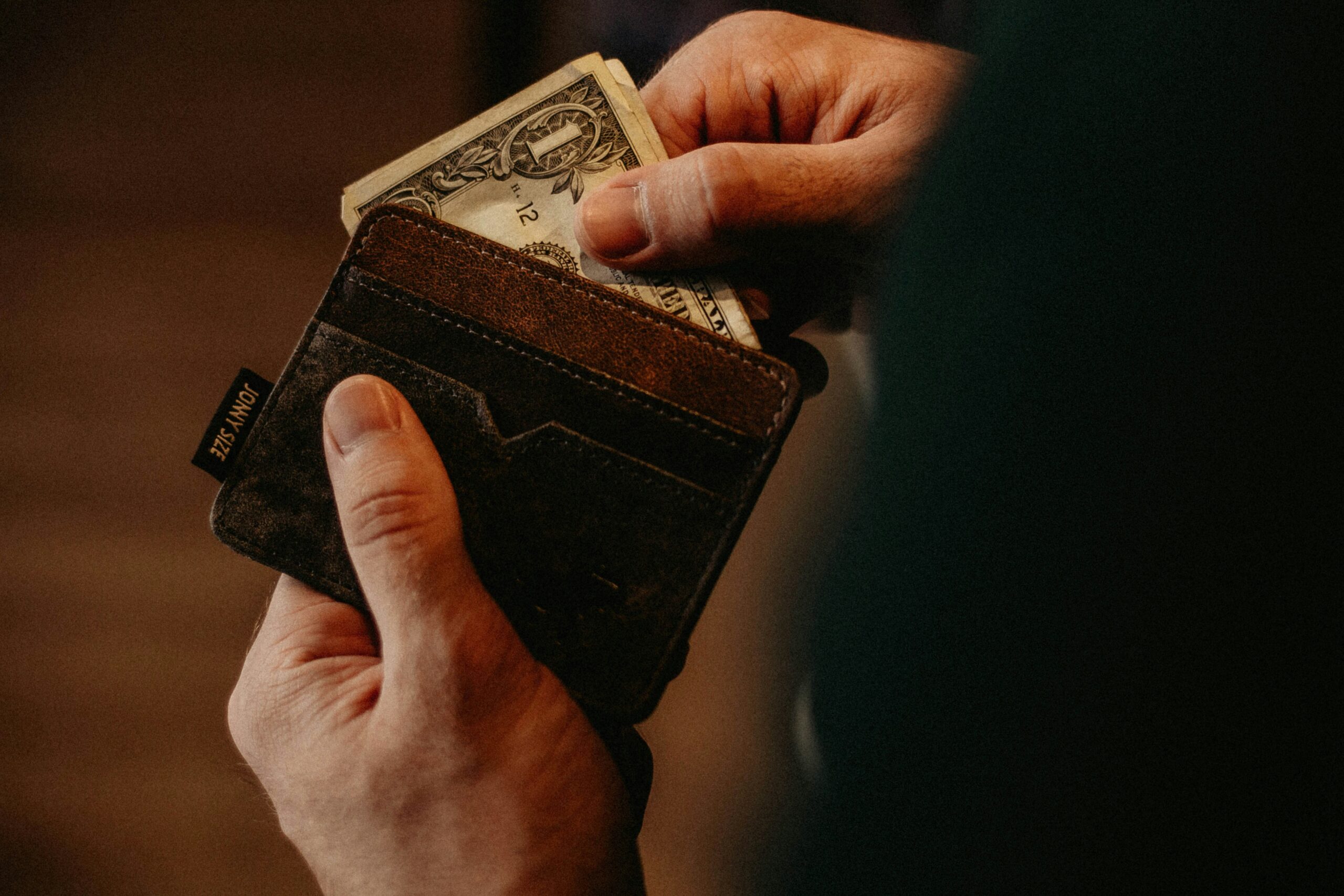Captive in an Egyptian prison, Joseph’s ability to interpret dreams became the key to his freedom. What dreams did Joseph have during those long, uncertain years of captivity? Will dreams sustain those held in chains of oppression or illness today?
וַיְהִ֕י מִקֵּ֖ץ שְׁנָתַ֣יִם יָמִ֑ים וּפַרְעֹ֣ה חֹלֵ֔ם וְהִנֵּ֖ה עֹמֵ֥ד עַל־הַיְאֹֽר׃
Parshat Miketz begins; “After two years, Pharaoh dreamed he was standing by the Nile.”
Joseph interpreted Pharaoh’s dreams, predicting seven years of abundance followed by seven years of famine. Impressed by his wisdom, Pharaoh elevated Joseph to a high position, entrusting him to oversee a plan that would save Egypt. Remarkably, Pharaoh placed his faith in an enslaved Hebrew with nothing more than a reputation for understanding dreams.
While Joseph rose to prominence, we must not forget the years he spent languishing in prison. The Torah notes that God was with Joseph during this time, yet the pain of his incarceration cannot be overlooked. What dreams sustained him? How did God bring him comfort in his darkest moments? The text raises unanswered questions about Joseph’s mental and emotional state—questions that resonate even today.
This episode brings to my mind two thoughts. The first is of the 100 or more captives currently held in Gaza. What dreams sustain them in their captivity? What comfort do they cling to? I think of the unimaginable mental health challenges they endure—loneliness, claustrophobia, anxiety, degredation, and heartbreak. What will it take to secure their release? What skills, actions, and faith must we muster?
This reflection extends beyond physical captivity. Many today feel imprisoned by illness, disability, or the limitations of aging. These challenges have been a focus of my life’s work. And now, my own mother is facing physical incapacity and has no hope of full recovery and relies on oxycodone for comfort. For people facing these struggles, life can resemble captivity. What dreams give them hope? What comfort best helps them persevere? When might they just give up?
If empathy for the imprisoned still feels distant, consider this: You, too, might face some form of captivity in your lifetime—whether it’s short-lived or prolonged. (Remember the Covid epidemic?) It might come in the form of illness, loss of freedom, or confinement to a circumstance beyond your control. To prepare for that moment, you can begin by advocating for those already captive—whether they are prisoners of terror, illness, or circumstance. Concrete actions that demonstrate your concern send a powerful message to the world: This is how we wish to be treated in our own moments of vulnerability. We care about each person held captive, whatever the nature of the prison. Advocate for patients’ rights, prison reform, or rail against the laggard Government of Israel what has not follow the Torah that demands we prioritize the safe return of captives.
What will your dreams be if you ever lose freedom of movement or choice? Now is the time to dream boldly about the world you value most and take action to secure those rights—not just for yourself, but for everyone around you.
The story of Joseph offers a dramatic arc: a young man thrown into a pit, held in prison, and ultimately elevated to the heights of Egyptian power. Its happy ending lifts us up. But today, I find myself grappling with endings that feel far from happy. I wrestle with the reality of imprisonment—whether it’s within a prison cell or within the confines of our imperfect bodies.
Without the certainty that God will bring me comfort or that a fairy-tale ending awaits, I turn to you. I seek solidarity, I invite action, and I dream of a day when all forms of captivity will dissolve—like a bad dream finally giving way to the morning light.
Rabbi Evan J. Krame




